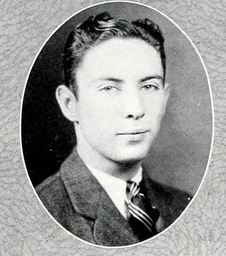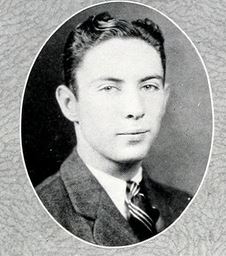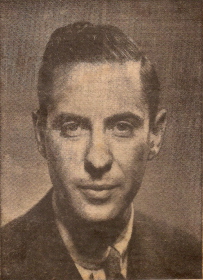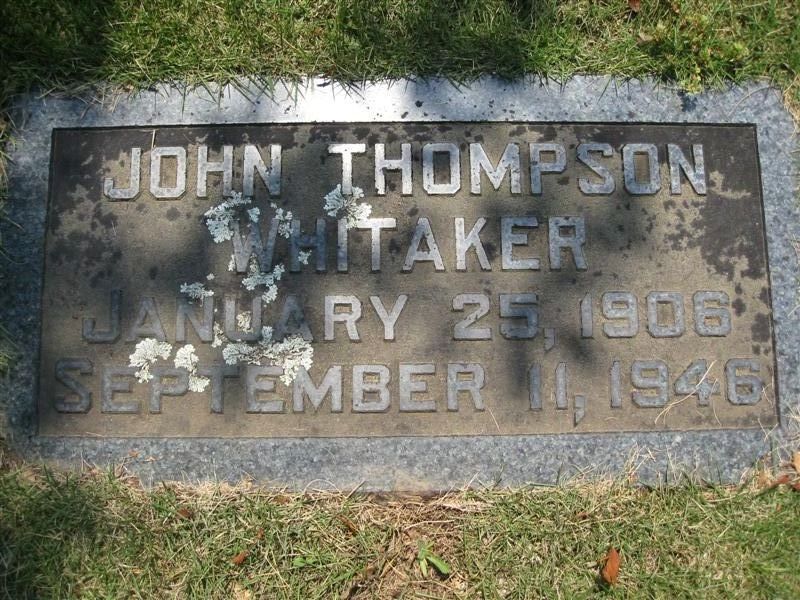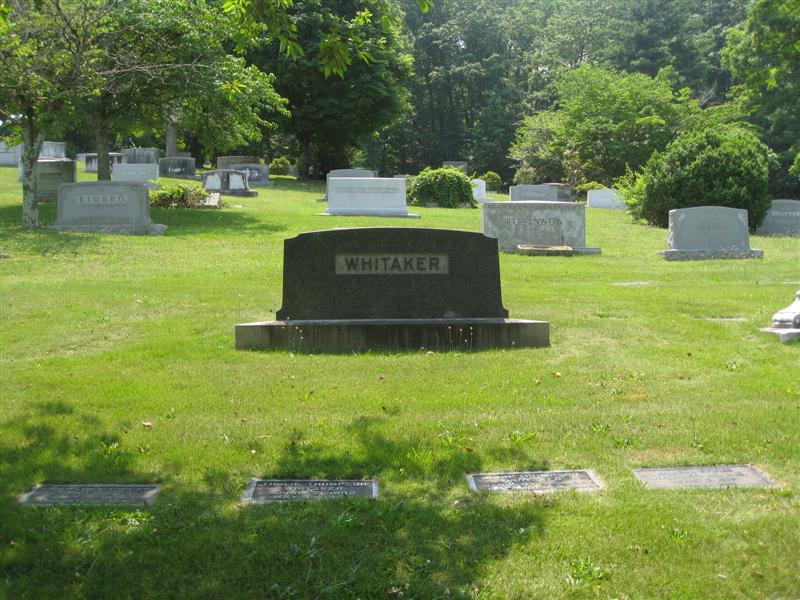He was trained as a journalist at the University of the South, in Sewanee, Tennessee, and began his career as a reporter at the Chattanooga News. He joined the New York Herald Tribune, where he was sent as a correspondent to Geneva (Switzerland) from 1931 to 1935, to report on the League of Nations.
In early 1936, he covered the Second Italo-Abyssinian War for CBS, accompanying the Italian troops. The government of Benito Mussolini awarded him the Croce di Guerra ("War Cross") for his reporting on the Italian conquest of Ethiopia.
Shortly after he was assigned by his newspaper to Spain, which coincided with his colleague and friend Jay Allen, from Chicago Tribune, covered the Spanish Civil War, where he was seen at several atrocities and, after one of the bloodiest events of the entire contest, the Massacre of Badajoz, he managed to interview the person responsible for the incident, General Yagüe. He also interviewed Mohamed Mizzian, a Moorish general working with the Fascists, and reported on Mizzian giving a captured teenage girl found with a labour union card to his troops for mass rape.
He moved back to Europe in mid-1939, in connection with World War II, working for the Chicago Daily News and the New York Post. He moved to Rome, from where he reported the war and the activities of the fascism. As a convinced democrat, his articles criticized the atrocities of the regimes of Mussolini and Hitler. They were uncomfortable for the fascist regime, and in 1941 has was ordered to leave Italy.
At the time of his expulsion from Mussolini's Italy, Time reported that Whitaker's dispatches were "displeasing" to the government. The Italian government was reluctant to formally expel the reporter on whom they had bestowed the Italian War Cross five years earlier, and officials told Whitaker they had "nothing personal" against him and advised him, "You are not expelled, but you must leave." Whitaker reportedly insisted on being formally expelled.
Books:
Fear came on Europe. Hamish Hamilton, London, 1937.
Americas to the South. The MacMillan Company, New York, 1939.
Prelude to World War. A witness from Spain. Foreign Affairs, Vol. 21, n.° 1, October 1942.
We cannot escape history. The Macmillan Company, New York, 1943.
He was trained as a journalist at the University of the South, in Sewanee, Tennessee, and began his career as a reporter at the Chattanooga News. He joined the New York Herald Tribune, where he was sent as a correspondent to Geneva (Switzerland) from 1931 to 1935, to report on the League of Nations.
In early 1936, he covered the Second Italo-Abyssinian War for CBS, accompanying the Italian troops. The government of Benito Mussolini awarded him the Croce di Guerra ("War Cross") for his reporting on the Italian conquest of Ethiopia.
Shortly after he was assigned by his newspaper to Spain, which coincided with his colleague and friend Jay Allen, from Chicago Tribune, covered the Spanish Civil War, where he was seen at several atrocities and, after one of the bloodiest events of the entire contest, the Massacre of Badajoz, he managed to interview the person responsible for the incident, General Yagüe. He also interviewed Mohamed Mizzian, a Moorish general working with the Fascists, and reported on Mizzian giving a captured teenage girl found with a labour union card to his troops for mass rape.
He moved back to Europe in mid-1939, in connection with World War II, working for the Chicago Daily News and the New York Post. He moved to Rome, from where he reported the war and the activities of the fascism. As a convinced democrat, his articles criticized the atrocities of the regimes of Mussolini and Hitler. They were uncomfortable for the fascist regime, and in 1941 has was ordered to leave Italy.
At the time of his expulsion from Mussolini's Italy, Time reported that Whitaker's dispatches were "displeasing" to the government. The Italian government was reluctant to formally expel the reporter on whom they had bestowed the Italian War Cross five years earlier, and officials told Whitaker they had "nothing personal" against him and advised him, "You are not expelled, but you must leave." Whitaker reportedly insisted on being formally expelled.
Books:
Fear came on Europe. Hamish Hamilton, London, 1937.
Americas to the South. The MacMillan Company, New York, 1939.
Prelude to World War. A witness from Spain. Foreign Affairs, Vol. 21, n.° 1, October 1942.
We cannot escape history. The Macmillan Company, New York, 1943.
Family Members
Sponsored by Ancestry
Advertisement
Advertisement
